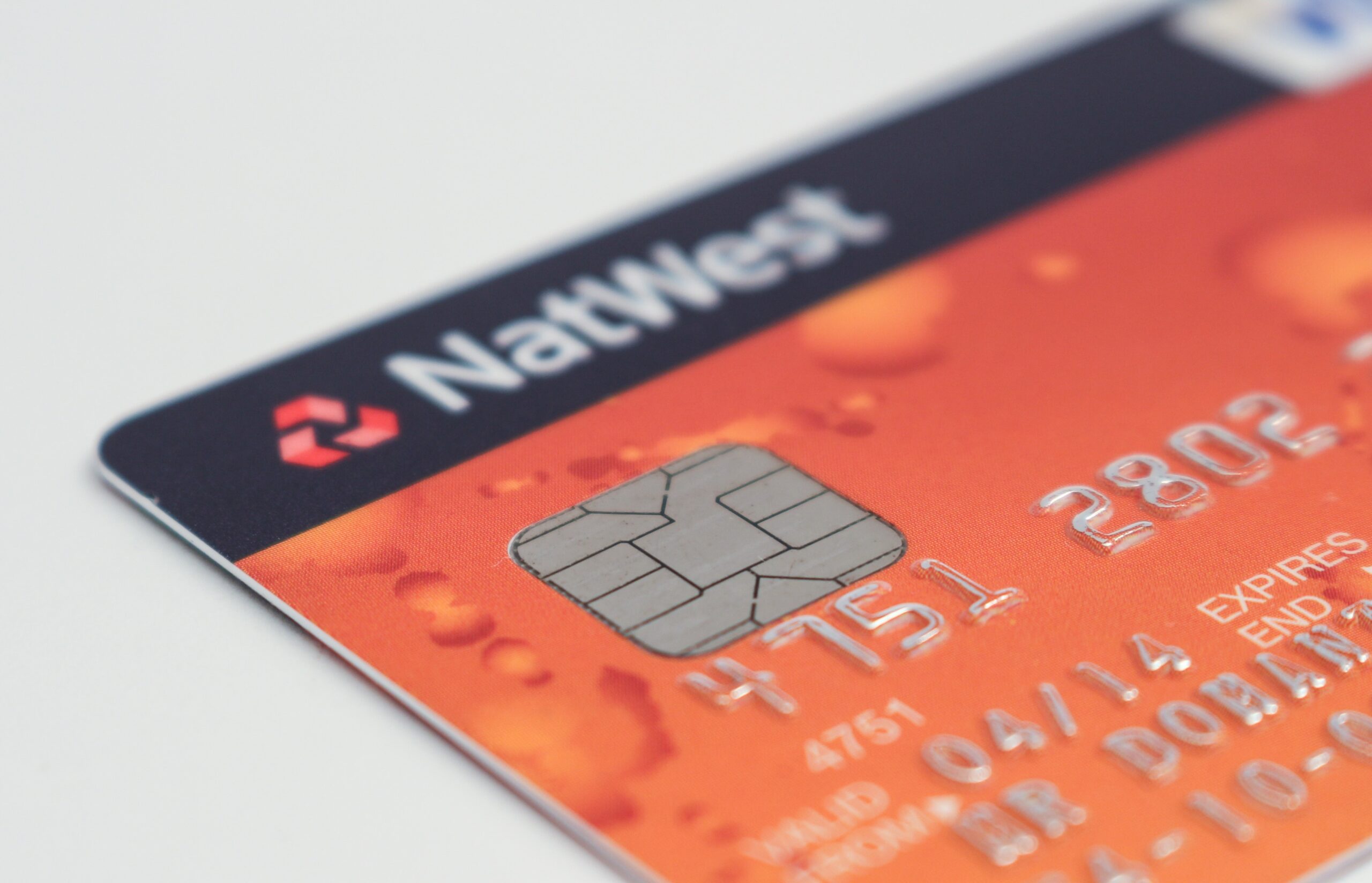Rich People always intimidated me. I grew up on a council estate and witnessed poverty and deprivation. I never knew it was possible to escape, to become wealthy or to not be living paycheque to paycheque.
Disclaimer: This post contains affiliate links to products. I may receive a commission for purchases made through these links. But this does not impact my reviews and comparisons. I only suggest products I’ve used and love.
Dennis Kimbro wrote in Think and Grow Rich: A Black Choice that “Those who remain ignorant only have themselves to blame”. I am astounded at how little I knew about the world of finance before I started my debt free journey. When I realised just how little I knew, I made a commitment to learn everything I can about money.
For over a year now, I have been strict about the information that I consume. I watch Youtube videos about finances, I read at least one book a month that speaks about money, I listen to financial podcasts and I read articles.
Last year, I read the book: Rich Dad Poor Dad. It’s one of the most profound books I read and it capsized everything I thought I knew about money. This article isn’t meant to poverty-shame but there are some vital lessons we can learn from the book.
1. Rich People Have an Abundance Money Mindset
Rich People believe that they are in control of their circumstances, whereas poor people think that life happens to them. Most of the time, poor people look at the rich and think “they got lucky, they are evil, they don’t deserve their success”.
Poor people have a scarcity mindset and believe that there is a limited amount of money in the world, which is not true. The truth is that there is more than enough for everyone.
I learned that If you want to change your financial circumstances, you must first change your money mindset. You must realise that being in thousands of pounds worth of debt, living for the next paycheque doesn’t serve you well. Any amount of debt can be paid off, no matter how big the amount. You can choose a number of strategies to repay your debts.
Creating wealth isn’t only for rich people, but that you too can increase your net worth. Wealth that you can pass onto your children and future generations. What prevents the majority of people from fulfilling their dreams is the false belief that they can’t do it. But that’s all it is – a false belief.
2. Rich People Don’t Rely on Their Day Job
The global pandemic showed us that we cannot rely on our day job as our main source of income. The people who were able to weather the impact of job loss were those that had multiple streams of income. Rich people have diversified sources of income and are therefore able to weather most financial storms.
A study by the IRS showed the sources of the ultra wealthy’s income:
Salaries – 8.6%
Interest – 6.6 %
Dividends – 13%
Corporations – 19%
Capital Gains – 45%
In 2019, a Forbes study of billionaires showed that the majority of their income came from investments and diversified sources of income, not from their main job.
Paycheque income can only get you so far because you can only work for a set amount of hours each day and it can take years to climb the career ladder.
Furthermore, Paycheque income is taxed at a higher rate than income from a business, so business owners are able to keep more of their money.
So on your journey to building wealth, you need to make sure you invest and create multiple sources of income.
3. They are Financially Literate
Institutions like the government, banks and credit card companies profit from you being financially illiterate. You need to understand the Principles of Financial Literacy.
If a person doesn’t know basic financial concepts such as: what interest rate is, how to use a credit card, how to save, how to invest, how to make money or how compound interest works, then they will use them incorrectly. As a consequence, they can become trapped in a cycle of financial mismanagement.
Rich people know how to speak the language of money, they teach those concepts to their children. It’s no wonder the rich keep getting richer, even in tough economic times. You too must make it your mission to become financially literate. I created a basic financial Literacy guide that you can receive when you sign up to my email list.
4. The Rich Spend Money on Assets, not Liabilities
To understand this concept, you must first understand the difference between assets and liabilities.
Assets are things that put money in your pocket or add to your net worth by increasing in value over time. Examples are: cash savings, investments, home equity, artwork and earnings from intellectual property.
Liabilities are things that take money out of your pocket or depreciate in value over time. Examples of Liabilities are debts, car payments, high interest loans, credit cards etc. Robert Kiyosaki said that the rich are always focused on acquiring more assets, whereas everyone else is focused on acquiring liabilities.
I remember when I got my first paycheque from my first nursing job, I bought clothes, went out with my friends, booked a holiday and spent it on other rubbish that I don’t even remember.
Now that I’m debt-free, I am focused on increasing my net worth by acquiring assets. I now save, I invest into my pension, in stocks & shares and I’m also working on starting a business.
Conclusion
Being financially illiterate is what keeps the majority of people poor. People who have amassed wealth have certain habits and attributes that we can all learn.
What lessons have you gained from observing people that are wealthier than you?


